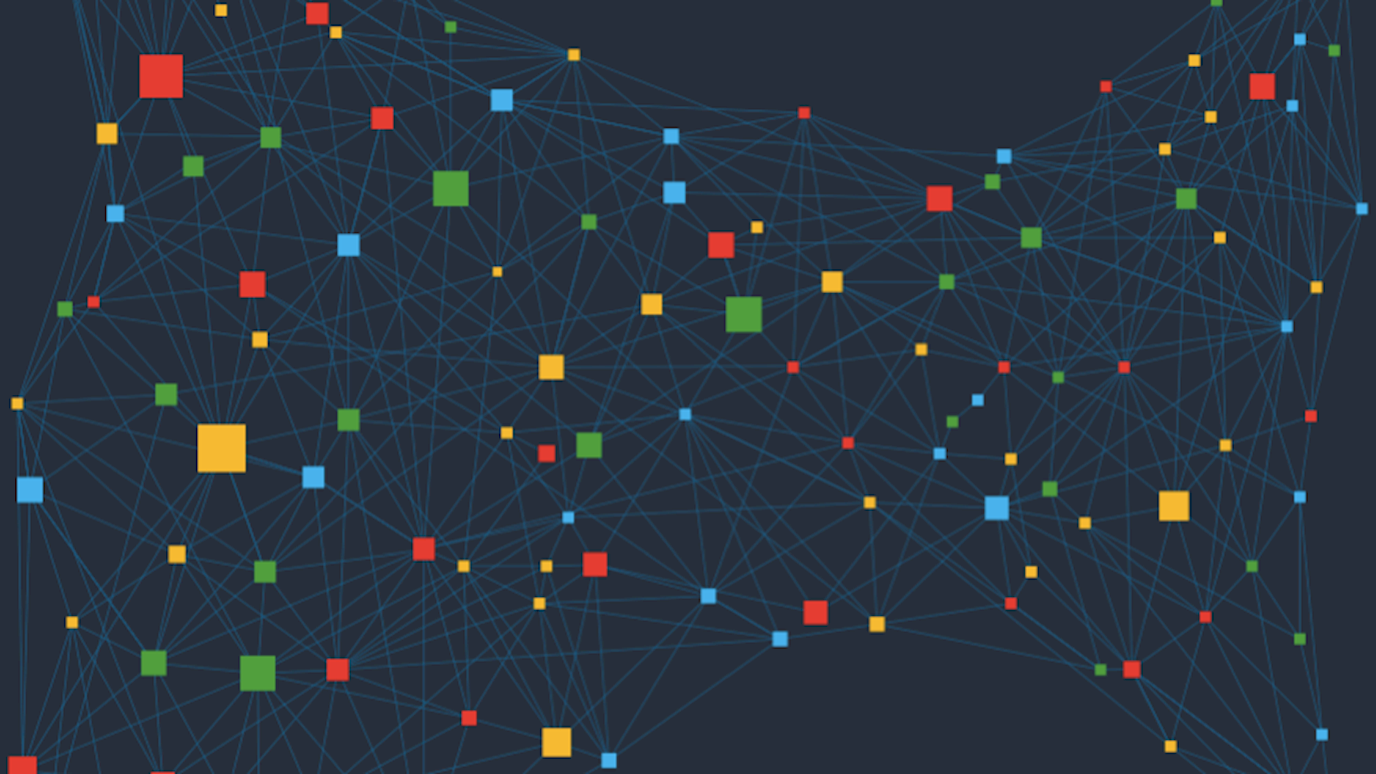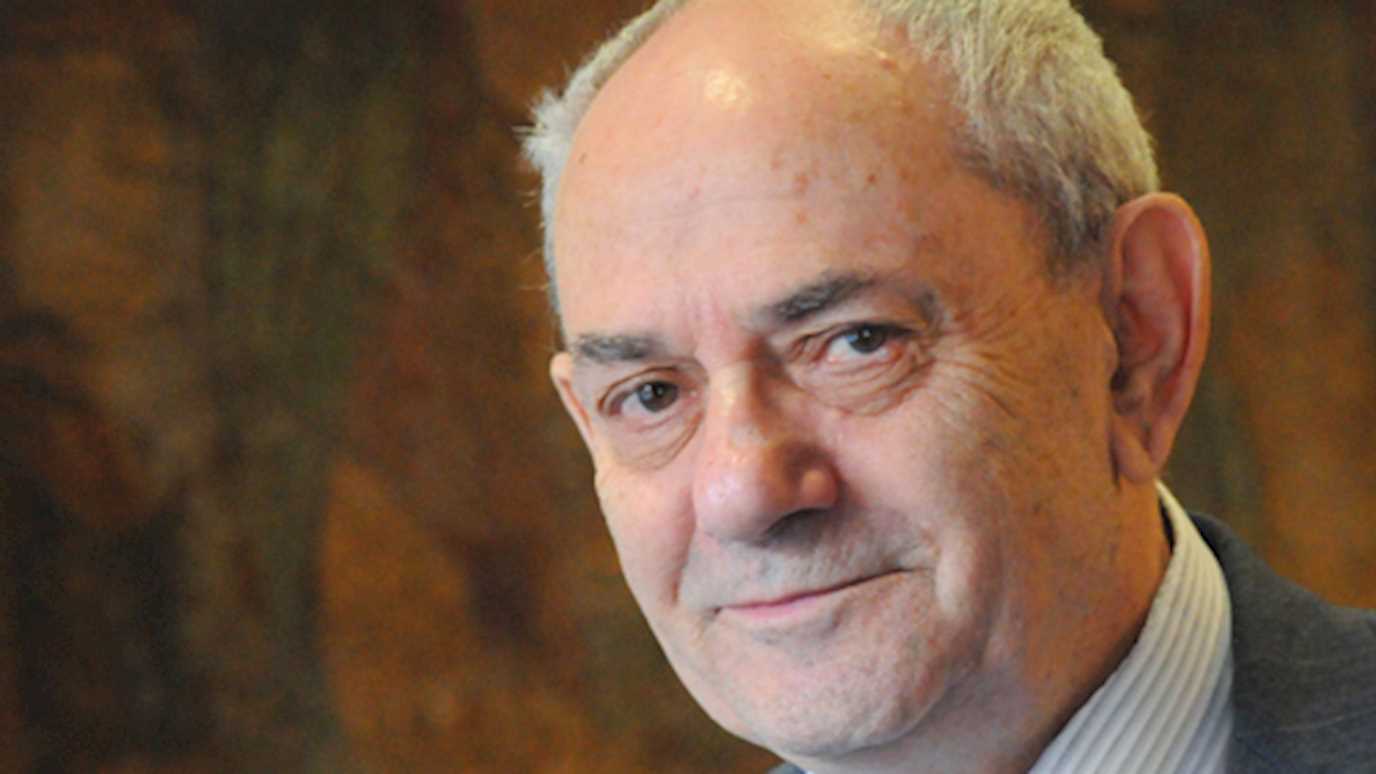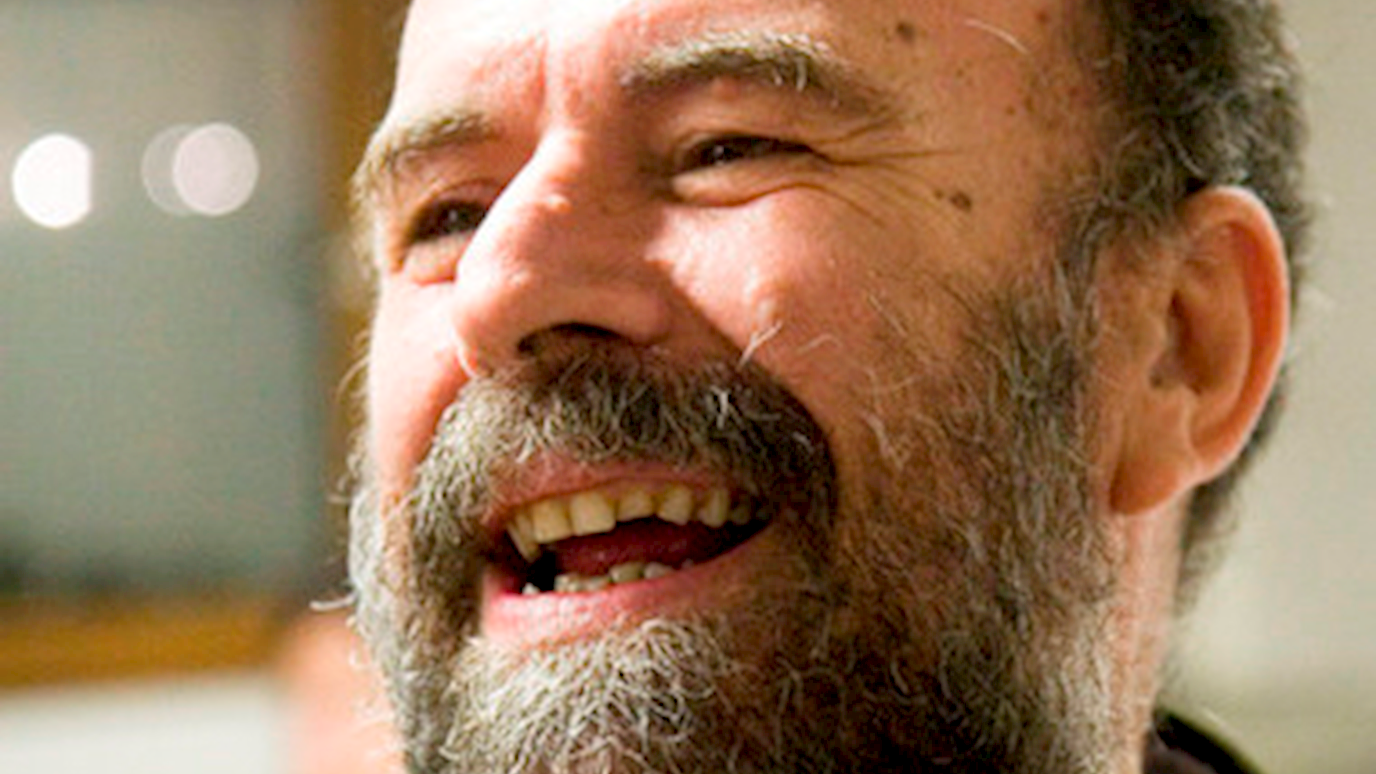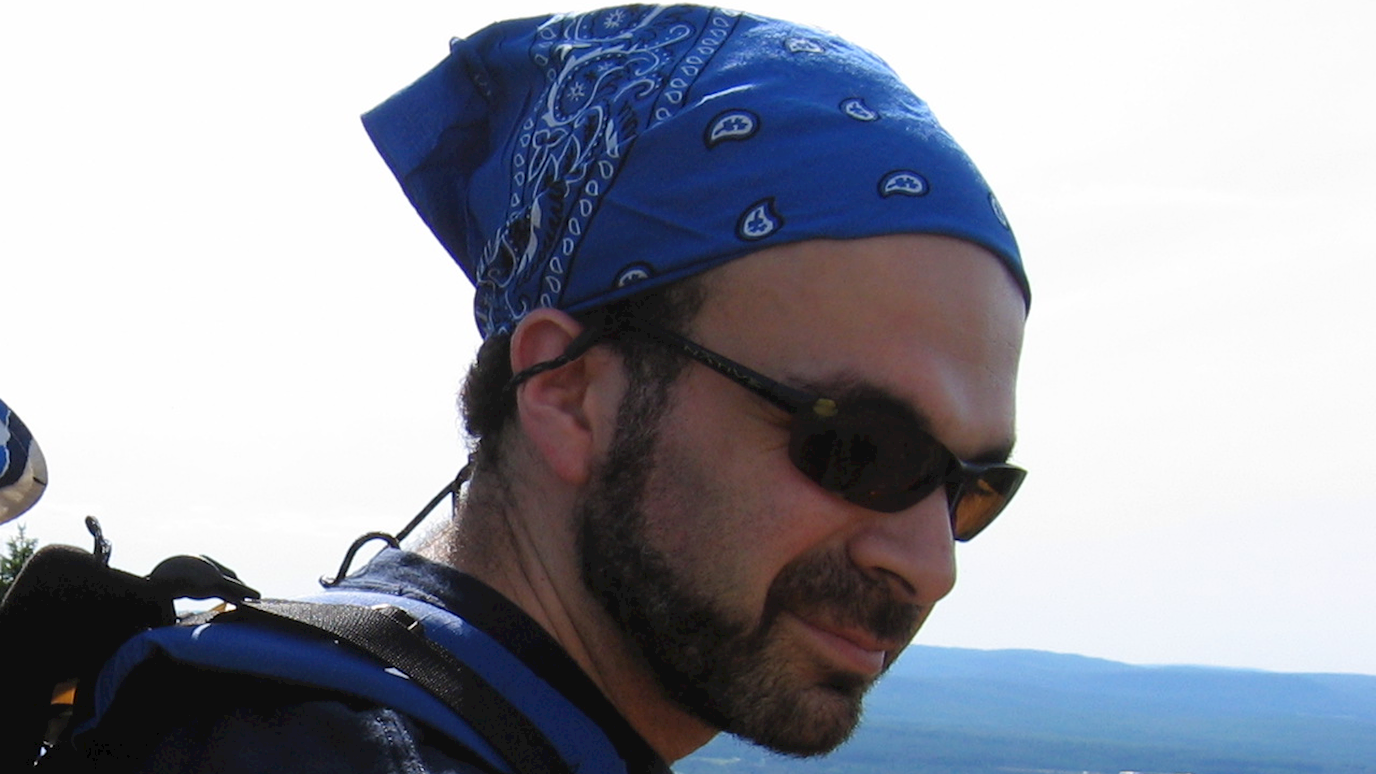We supervise students in a wide range of areas.
Before applying see below for current research taking place in the Department. Please note that many of the academics have wide-ranging research interests, and that a more accurate view of each person's research can be found by looking at each academic's profile or web page, or the web pages of their research groups or labs.
We often supervise multi-disciplinary PhD projects, i.e., in topics that intersect interests of colleagues in other departments, in which case you will have a supervisor from each area.
Feel free to approach potential supervisors directly, or find out more here
Algorithms and Complexity
Dave Cohen works largely on constraint satisfaction problems, as well as other areas of theoretical computer science. He has done much of his research jointly with Professor Peter Jeavons at Oxford University Computer Labs. Their group page can be found here.
Gregory Gutin works in graph theory (mainly, directed and edge-coloured graphs), algorithmics (mainly, parameterized algorithms for problems on graphs and for constraint satisfaction problems) and access control in information security. He has published more than 220 papers in journals and conference proceedings; his books and papers were cited more than 8500 times.
Iddo Tzameret works broadly on the Foundations of Computer Science. His primary focus is Computational Complexity studying the fundamental limits of efficient algorithms, namely the understanding of which computational problems can be solved quickly and which problems cannot. His main contributions are to the development of algebraic and logical methods in complexity, most prominently in the area of proof complexity and satisfiability. His work also sheds light on contemporary theory and practice of industrial-level SAT-solving.
Magnus Wahlström works on the theory of algorithms, in the area of parameterized algorithms and complexity (see here). He works on all aspects of the field, including algorithm design, kernelization (being the formal study of methods for "preprocessing" or simplifying problem instances efficiently), and issues of complexity, e.g., ways to produce "lower bounds" or limits on the power of efficient algorithms for solving certain problems. Recent particular interests include parameterized complexity aspects of optimisation problems, e.g., integer linear programming; applications of matroid theory, especially so-called linear representations of combinatorial objects; and algebraic algorithms for combinatorial problems. His research can be found here.
Bioinformatics & Medical Applications
Some of our researchers work on applications of computer science to biological or medical problems. Some of this work falls into the category of systems biology, developing and applying tools to understand the complex systems of interactions that take place in cells.
- Alberto Paccanaro leads a lab that develops novel computational methods for answering biologically motivated questions. He focuses on developing and applying machine learning, statistical modeling and pattern recognition techniques for solving problems in Systems Biology. The lab collaborates very closely with experimental biologists who validate the models and provide useful feedback to improve their predictive power.
- Hugh Shanahan works in the analysis of sequence data, specifically RNA-seq and more recently in Metagenomic data. He is interested in identifying bias in these data sets as so-called ‘Ground Truth’ is often hard to obtain. With this in mind he developed a novel method to use correlations amongst regions of the same transcript as a method to carry out quality control. He is also interested in methods to directly carry out functional profiling of Metagenomic data without having to perform noisy assembly methods. As these are very large data sets, he has also written on the use of cloud computing and platforms such as Hadoop and Spark in the analysis of Genomic data.
- Chris Watkins has been conducting a theoretical study of evolution using information theory and computational simulation. He has also developed machine learning techniques that can be applied to sequence data. His current interests include the study of epidemics, in collaboration with the Biological Sciences department. The research group in mathematical biology has web pages available here.
- Nicola Paoletti applies verification and control techniques to study safety, security and robustness of cyber-physical systems (CPSs), with a focus on medical devices such as cardiac pacemakers and insulin pumps. Examples of research projects where he was involved include: design of smart insulin controllers by learning patient behaviour from data; parameter synthesis of PID controllers with probabilistic safety guarantees; and cyber-security of cardiac devices. He is also interested in applications of formal methods such as probabilistic model checking and SMT solving to the analysis of biological networks, including their reverse engineering from data or specifications.
- Alex Gammerman and Zhiyuan Luo apply machine learning techniques to a number of medical problems. Current research projects involve the analysis of veterinary data sets, and cancer detection using novel serum biomarkers. A recent paper Reliable Classification of Acute Leukaemia from Gene Expression Data using Confidence Machines won the best paper award at the IEEE International Conference on Granular Computing.
Machine Learning
The Computer Learning Research Centre (CLRC) is one of the strongest research groups in the world for research in Machine Learning.
Alex Gammerman works in machine learning theory and applications. His current research interests lies in developing conformal predictors and Bayesian belief networks with applications in biomedicine and anomaly detection. Example PhD topics include:
- MRI-based diagnostic and prognostic tools based on conformal predictor -- Recent applications of machine learning to neuroimaging measurements may be valuable for the development of diagnostic and prognostic prediction tools in psychiatry. The project's aim is to develop a general probabilistic method to make accurate diagnostic and estimate corresponding measures of confidence for magnetic resonance imaging (MRI) data.
- Application of machine learning techniques to anomaly detection -- The project will focus on the application of new machine learning techniques and apply them to detect anomalous behaviour from observed attributes, assess them using real or synthetic data from appropriate scenarios, and compare them against alternative methods.
Yuri Kalnishkan's research is in prediction with expert advice and its applications to practical prediction, including regression methods, computational finance etc. He is also interested in predictive and Kolmogorov complexity.
Zhiyuan Luo applies Machine learning to a number of application areas including the classification of network traffic, resource allocation in networks as well as biological and medical applications discussed above. Research areas for possible PhD projects include:
- intelligent network resource management based on machine learning;
- machine learning for intrusion detection and network security;
- medical diagnosis based on electronic nose technology;
- reliable analysis of brain activities using EEG;
- learning and prediction for time series data.
Volodya Vovk carries out research in several areas of machine learning including conformal prediction (designing machine-learning algorithms that complement their predictions with various measures of confidence), Venn prediction (turning state-of-the-art machine-learning algorithms into probability forecasting systems), prediction with expert advice (machine learning avoiding statistical assumptions), and computational finance. Example PhD topics include:
- probability forecasting in machine learning;
- dynamic portfolio selection;
- conformal prediction.
Chris Watkins is well-known worldwide for his seminal work in reinforcement learning, which established the dynamic programming approach known as Q-learning. He was also one of the inventors of string kernels, which show how discrete objects like strings can be embedded in high dimensional spaces. This allowed the standard techniques of machine learning to be applied to sequence data like natural language corpora, and DNA and RNA sequence data.
Distributed & Global Computing
Sara Bernardini’s research is in AI Planning and Intelligent Autonomy. Research topics include:
- Automated planning for temporal and metric domains;
- Planning domain modelling and automatic domain analysis;
- Planning under uncertainty;
- Autonomous systems for real-world applications;
- Autonomous vehicles (e.g. drones, underwater vehicles and ground robots) for surveillance applications, disaster response and space mission operations;
- Wireless sensor and actuator networks.
For more information see here.
Gregory Chockler’s research is broadly in the area of distributed computing and systems spanning both theory and practice. He is particularly interested in real-world problems seeking to uncover deep tradeoffs (such as lower bounds and algorithms) and their implications for the system engineering practices. His current focus is on scalability and robustness in modern large-scale computing and storage infrastructures, such as clouds, large-scale data centres, Internet of Things (IoT) platforms, and multi-core architectures. He is involved in a number of projects tackling various challenges arising in these environments including the following:
- data replication, coding and caching;
- large-scale group communication;
- concurrent data structures and their correctness;
- geo-distributed data storage and processing;
- mining large graph datasets; and
- robust communication topologies for managed network frameworks (SDN and NFV).
He is also involved in a multi-disciplinary research effort with the RHUL Department of Economics seeking to apply economics modelling to mining massive datasets.
José Fiadeiro carries out research in formal approaches to software design, including algebraic development techniques and logics for specification and verification of systems. Research topics include:
- interface theories and component algebras;
- dynamic networks of interaction;
- specification and verification of cyber-physical systems.
Dan O'Keeffe's research in on new principles and abstractions for building resilient and secure cloud and Internet of Things (IoT) systems, drawing on techniques from distributed systems, security, databases and networking. Some recent and ongoing research topics include:
- Real-time analysis of high bandwidth sensor data (e.g. face recognition over a video feed) using the combined resources of several IoT devices at the network edge (e.g. Raspberry Pis).
- Exploiting new trusted hardware support in commodity CPUs (Intel SGX) to protect cloud applications from malicious cloud providers.
- Detecting sensitive data leakage in cloud platforms and web applications using approaches from information flow control and dynamic taint analysis.
For more details please see here.
Nicola Paoletti applies verification and control techniques to study safety, security and robustness of cyber-physical systems (CPSs), with a focus on medical devices like cardiac pacemakers and insulin pumps. These are indeed CPSs due to the tight closed-loop interactions between the medical devices (the cyber part) and the patient models (the physical part, e.g., heart, glucose metabolism, etc.), models characterised by non-linear and stochastic physiological dynamics. Examples of research projects where he was involved include:
- design of smart insulin controllers by learning patient behaviour from data;
- parameter synthesis of PID controllers with probabilistic safety guarantees;
- cyber-security of cardiac devices.
He is also interested in applications of formal methods such as probabilistic model checking and SMT solving to the analysis of stochastic systems (to study performance and reliability of computer systems) and biological networks (e.g. chemical reactions and gene regulation), including their reverse engineering from data or specifications.
Kostas Stathis is the principal investigator of the DICE Lab, which conducts basic and applied research into autonomous agents and multi-agent systems. Research areas for possible PhD projects include:
- models of autonomous cognition;
- models of multi-agent decision making;
- high-level learning for logic-based agents;
- agent negotiation models;
- activity recognition using temporal reasoning;
- games as a metaphor of agents interacting with their environment;
- programmable multi-agent environments and platforms.
Software Language Engineering
Matthew Hague is interested in the study of automata and logic and their applications in program verification. Topics of study include:
- extensions of pushdown automata;
- automata models of higher-order programs;
- decidable models of concurrent programs;
- logics and automata for the analysis of web programs.
For more information about his work see here.
Johannes Kinder’s research focuses on assessing and improving the reliability and security of software, in particular with the help of automated tools. His work combines the fields of programming languages, software engineering, and systems security, and PhD topics are available in any of these domains. His principal interests lie in:
- program analysis, bug finding, and reverse engineering for real-world systems, building on methods such as abstract interpretation and symbolic execution;
- runtime monitoring and instrumentation, program hardening;
- specification and detection of malware.
Adrian Johnstone and Elizabeth Scott work in the broad field of Software Language Engineering, with interests ranging from traditional compiler design, through generalised parsing, code generation for customisable architectures, programming language semantics and Domain Specific Language design and implementation. This work is carried out under the auspices of the Centre for Software Language Engineering; you can read more about the tools and theory developed within the centre in the CSLE web pages.
Examples of PhD research topics include:
- connecting metamodels to concrete syntax via general parsers;
- production quality code generation from Modular Structural Operational Semantics specifications;
- datapath generation and instruction encoding for molten architectures;
- applications of molten architecture to obfustication of smart card-based encryption algorithms;
- approches to ambiguity management in general Context Free Grammars.
Type Theory & Applications
Zhaohui Luo works on type theory, proof assistants and their applications; more information can be found here. Example research areas for PhD research include:
- Development of logic and type theory (eg, dependent type theories)
- Computer-assisted reasoning (eg, reasoning about programs/security)
- Computational linguistics (eg, fortmal semantics in modern type theories)
- Advanced programming paradigms (eg, dependently-typed programming)
- Foundations and formalisation of mathematics (eg, univalent foundations)
























